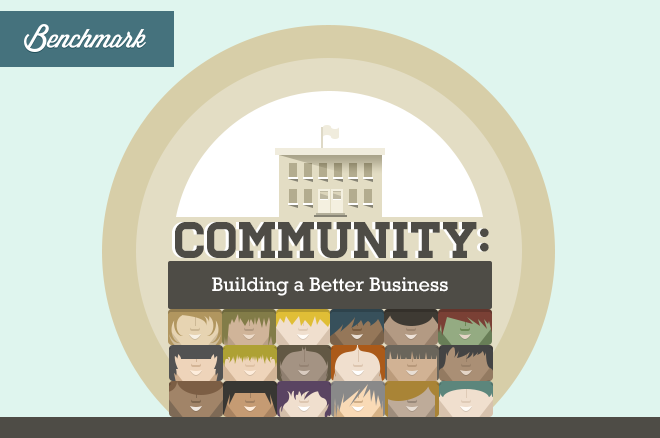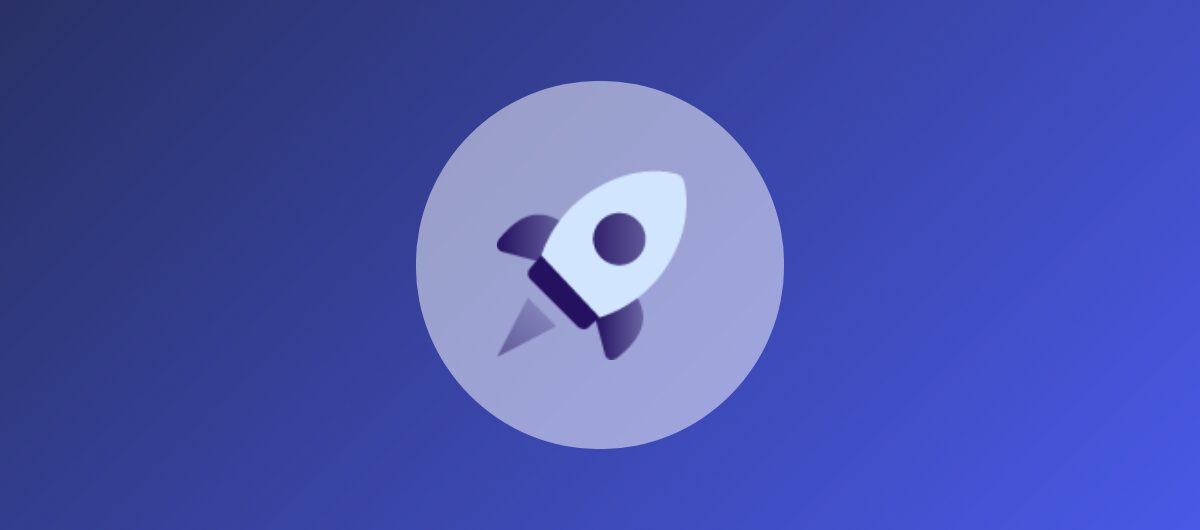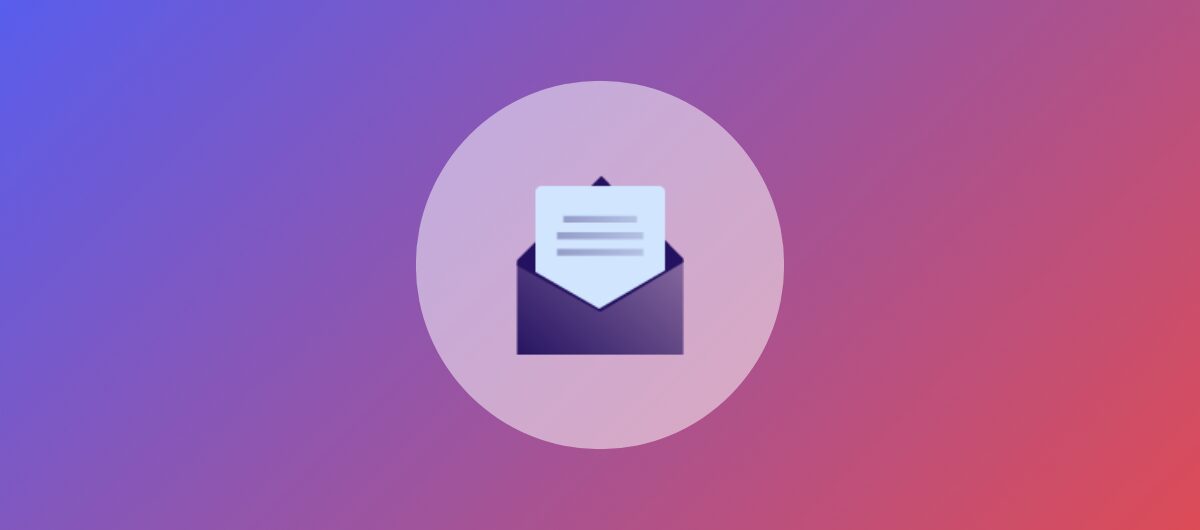
In January, I became the director of content strategy for Nimble, with blog development my first task. My goal was to position the new Nimble blog as a go-to site for advice about social business, with content that appealed to solopreneurs and small teams.
These are readers who want practical advice and information about:
- Growing revenues
- Acquiring and retaining customers
- Developing better business relationships
I felt, as my CEO Jon Ferrara did, that content across our brand should have a goal not to market or aim for SEO, but to earn the awareness, affection and trust of current and potential customers so that they come to our site as a destination when they are making decisions that affect their business.
Jon himself had founded Nimble with the help of many knowledgeable thought leaders and experts in customer relationship management and in social business. As a result of his early outreach for advice and counsel, the pool of people who would take my phone call or read my emails was quite a gift. Building out a community of guest contributors began with a list of names that became the first wave of generous editorial advisors and writers that has now grow to over 150.
Here are three of the most important activities you’ll need to know about if you are planning to build a community of your own:
If you want to have an interesting life, follow that feeling.
His idea, he said, had been rattling around and was firming up. He would really like to explain it in full in a post. He had even created a supporting spreadsheet. We moved to Skype and files were shared. He became more and more animated and enthusiastic. At this point, I’m in editor mode: “Let me take all this and work it up into a solid draft, and then we can move forward from there.” This is one of the joys of what I do. I can actually help the guests — take some of the work off their shoulders and make it easier for them to say yes to participating. Sometimes editing is easy, and sometimes it’s hard. But it’s always rewarding.
Keep an editorial calendar, one tight enough to be useful, but loose enough to allow changes for things beyond your control — company news that takes precedence, drafts that don’t appear on time, and even sometimes national news that interrupts editorial plans.
Planning editorial is both an art and a science. And believe me, you’re never satisfied with your calendar — I always have bigger plans than I can pull off, unless someone can invent a longer day. You cannot manage a community of writers and also be a perfectionist — you must accept that your lofty goal is just a moving target.
There are are lots of other things you can do and traits you should nurture in yourself as you move forward, but I’ll end with this piece of advice — be generous and be yourself. Helping each other is what it’s all about, and being human and genuine is all the more important when you are connected (mostly) virtually instead of in person. The Nimble writing community can attest to that!



